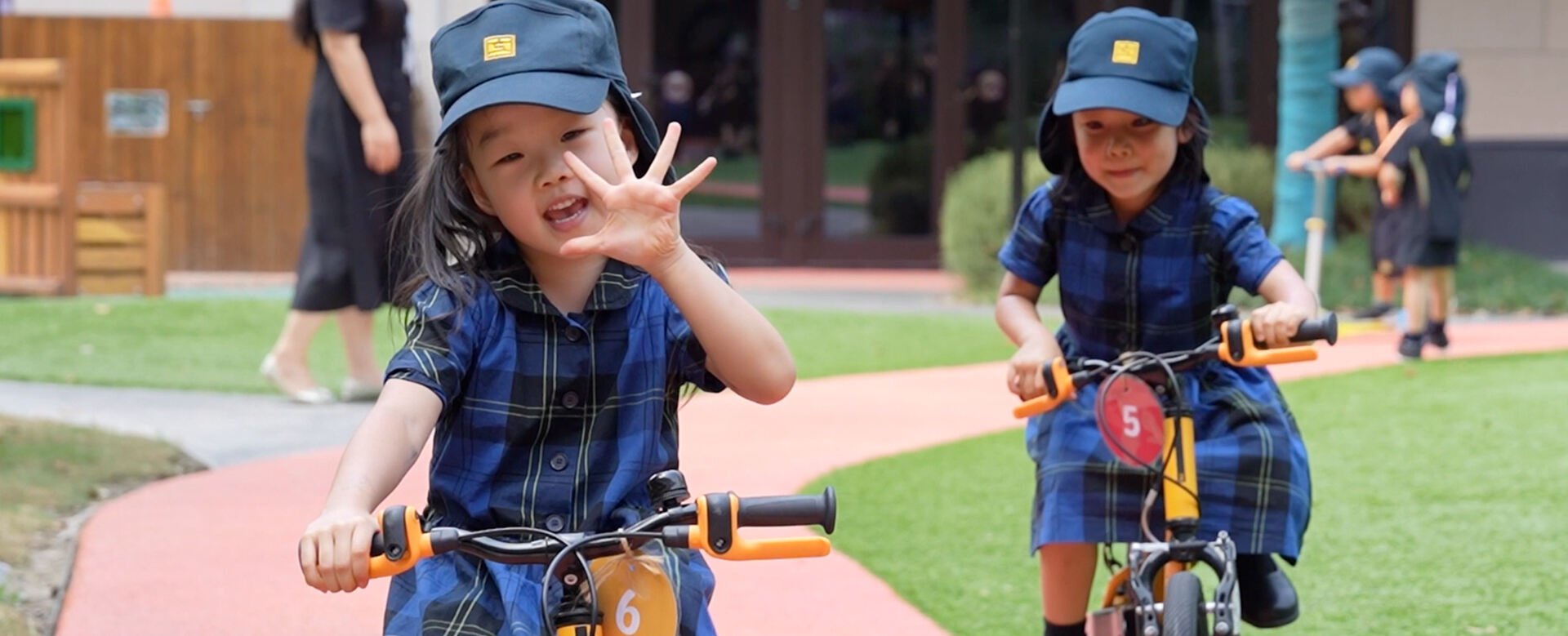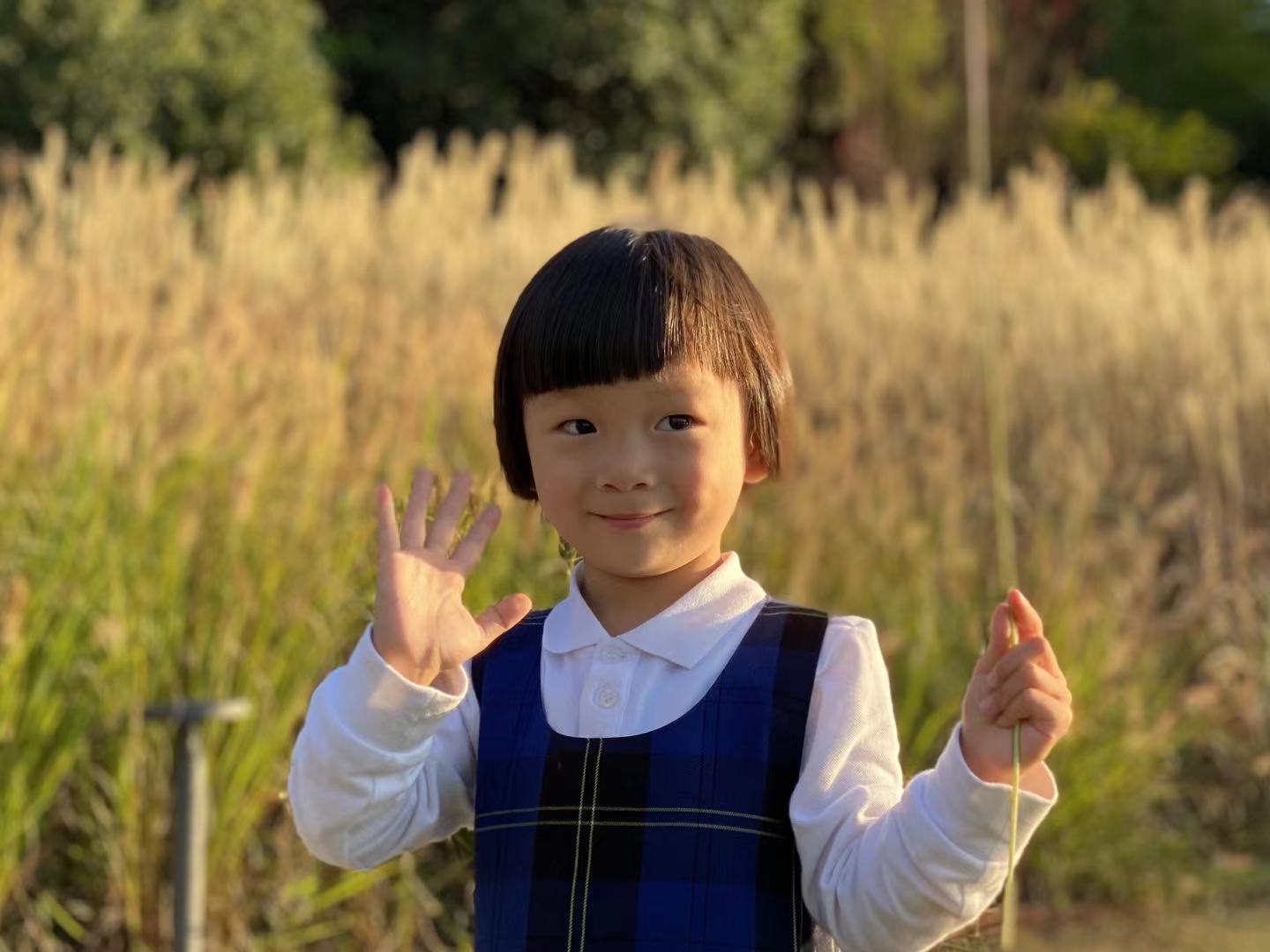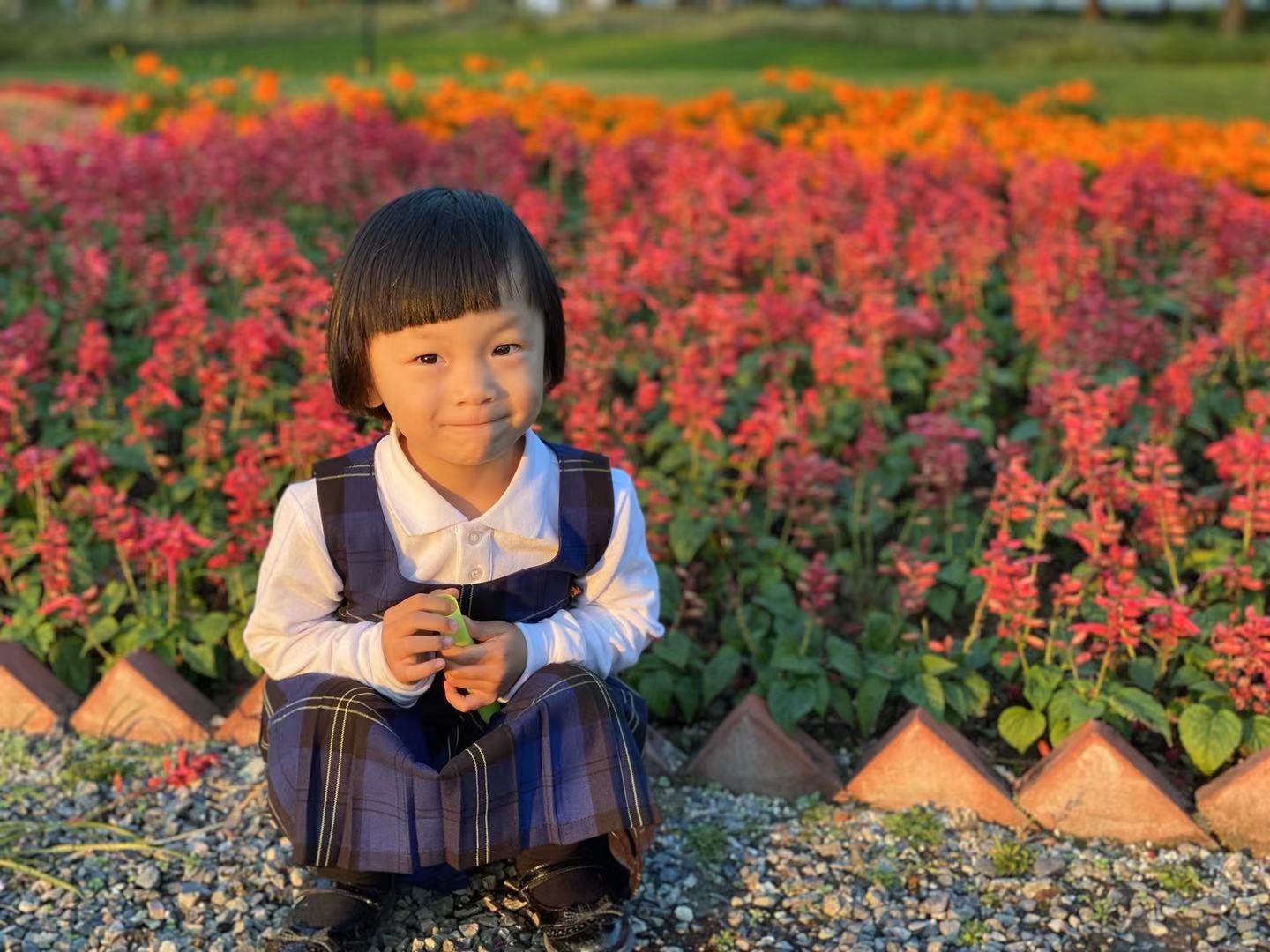
Editor's Note :
Sophie enrolled her daughter as an early years 1 pupil at Hiba Nursery Shanghai last year. Talking about her daughter always brings a smile to her face. She believes that a mother's love will empower a child to explore the world fearlessly. She also knows the role of mother is a constant work in progress, so she is always reflecting and learning, incorporating the latest research into parenting and education.
Let us take a look at how Sophie has learned to be such a patient and loving mother.

If time permits, Sophie will drop off and pick up her child at the nursery. She enjoys this ritual. To her, it is the best way to learn about how her daughter spends her day Hiba Nursery. It also helps to build their relationship. They often sing together as she drives her daughter to and from the nursery.
Sophie points out that her child is in high spirits every morning and is eager to go to the nursery. Although her daughter cannot yet express herself fluently, Alice can tell that she has a sense of belonging at the nursery.
It delights Sophie to witness her daughter’s growth since joining Hiba Nursery Shanghai. It reminds her that she has made the right decision for her child. It reassures her to know that she has found a nursery and a community that aligns with her educational philosophy and values. She is confident that Hiba Nursery will nurture a healthy, vibrant, and happy child.
Expectations for her child
Sophie researched and visited many nurseries before finally choosing Hiba. She noticed that some nurseries focus on intensive study in characters, writing and counting to make the pupils competitive in their next learning stage. At one nursery, she saw pupils’ written works on display in the corridor, even though they were only three to five years old.

To Sophie, these constant comparisons of academic achievement seemed like a source of unnecessary anxiety and an undue burden to put on children when they are so young. She asked herself, “What kind of child do I want to raise? What kind of environment do I want to create for her? What kind of person do I want my child to become?”Sophie believes that in a child's early formative years, it is important to create a happy and safe environment for them, an environment where they can benefit from a high level of wellbeing and involvement.
Nurturing a happy child
Sophie was therefore impressed when she paid her first visit to Hiba Nursery.
She found that, unlike the narrow corridors of other nurseries, Hiba’s are vividly decorated and filled with a variety of learning materials, offering pupils ample space to play and explore. On her first visit, the pupils were learning about architecture. She noticed all of the cardboard boxes in the corridor. The teacher explained to her that they were there for the pupils to use their imagination and create their own architecture.

When she read Hiba Nursery Shanghai's website, one sentence particularly moved her: “Our pupils will leave their Hiba bilingual education, not in a bubble of elitism, privilege and exclusivity, but with the moral values and social conscience to serve others and do good in life.”
She recognises a person can be successful but not necessarily happy and that one's ability to be happy must be learned and cultivated. To that end, Hiba Nursery stresses the significance of wellbeing and the importance of giving pupils a sense of belonging. Because of this, Sophie was sure that her energetic, outgoing, and imaginative daughter would fit in just fine at Hiba Nursery.
Delighting in the growth of her child
The first day at nursery can be difficult for children. They are leaving the comfortable familiarity of their parents and their home to a completely new environment. Sophie sought to soothe this anxiety in her daughter by reading her picture books, telling her what a nursery looks like, who she will meet and all the fun she would have at Hiba.
Sophie is also quick to mention that Hiba takes good actions to prepare pupils for nursery life. Parents can accompany their children at the nursery on the first three opening days, easing them into their new learning environment.
To Sophie’s delight, she has noticed significant changes in her daughter over the past six months. Music brings her daughter much joy. She shows great enthusiasm for singing and often hums to herself.
Her daughter has also become more polite. She shows good manners even in the home when she interacts with her family. Sophie attributes these changes to her sense of belonging at Hiba Nursery.
When Sophie drops her daughter off at the nursery, she is particularly impressed with Emily, a teacher in EY1. Emily likes to greet children at the nursery's gate. She often squats down to be at their level and waves enthusiastically to make them feel welcome.
Emily also uses nametags as a way to lighten the pupils' moods. Rather than putting the nametag on their bags, she may put it on a pupil's head or belly. Invariably, it elicits laughter in the children. In Sophie, it inspires trust that Hiba teachers care about her child's happiness and wellbeing.
Article | Virginia